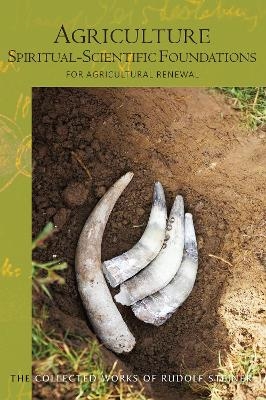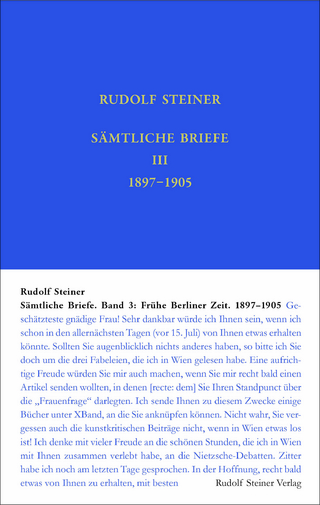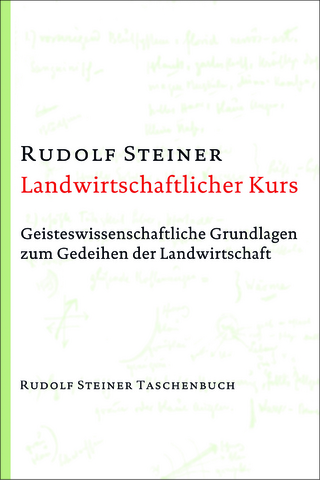
Agriculture, Spiritual-Scientific Foundations
Rudolf Steiner Press (Verlag)
978-1-85584-666-1 (ISBN)
Speaking to a modest audience of farmers in a village in modern-day Poland, Steiner launched the first organic agricultural movement. But what has come to be known as ‘biodynamics’ is distinguished by many unique aspects, including the use of herbal and mineral ‘preparations’ (which serve as dynamizing applications for compost and field sprays) and the concept of the farm or garden as a single living organism, encompassing animals, crops, soil and community.
This definitive, centenary edition of the influential Agriculture Course has been reedited from primary sources to be as faithful as possible to Steiner’s original meaning. Shorthand reports have been freshly transcribed, archival discoveries added, and fresh commentary and notes inserted. In addition to the original eight lectures and four discussions, this volume features a wealth of new texts, including notes, addresses and resolutions relating to the Experimental Circle – founded contemporaneously to bridge research and practice – comprehensive facsimiles of Rudolf Steiner’s preparatory notes for the course; original programmes and attendee lists; questions sent in advance; written and verbal reports by Steiner, including his address to young people; photos of Koberwitz, and high-quality colour plates of his original blackboard drawings.
Rudolf Steiner (1861-1925) called his spiritual philosophy “anthroposophy”, meaning “wisdom of the human being”. As a highly developed seer, he based his work on direct knowledge and perception of spiritual dimensions. He initiated a modern and universal “science of spirit”, accessible to anyone willing to exercise clear and unprejudiced thinking. From his spiritual investigations Steiner provided suggestions for the renewal of many activities, including education (both general and special), agriculture, medicine, economics, architecture, science, philosophy, religion and the arts. Today there are thousands of schools, clinics, farms and other organizations involved in practical work based on his principles. His many published works feature his research into the spiritual nature of the human being, the evolution of the world and humanity, and methods of personal development. Steiner wrote some 30 books and delivered over 6000 lectures across Europe. In 1924 he founded the General Anthroposophical Society, which today has branches throughout the world.
| Erscheinungsdatum | 15.10.2024 |
|---|---|
| Reihe/Serie | The Collected Works of Rudolf Steiner |
| Einführung | U. Hurter |
| Übersetzer | Simon Blaxland-de Lange |
| Zusatzinfo | 10pp colour plates |
| Verlagsort | East Sussex |
| Sprache | englisch |
| Maße | 155 x 235 mm |
| Themenwelt | Weitere Fachgebiete ► Anthroposophie |
| Weitere Fachgebiete ► Land- / Forstwirtschaft / Fischerei | |
| ISBN-10 | 1-85584-666-7 / 1855846667 |
| ISBN-13 | 978-1-85584-666-1 / 9781855846661 |
| Zustand | Neuware |
| Informationen gemäß Produktsicherheitsverordnung (GPSR) | |
| Haben Sie eine Frage zum Produkt? |
aus dem Bereich


